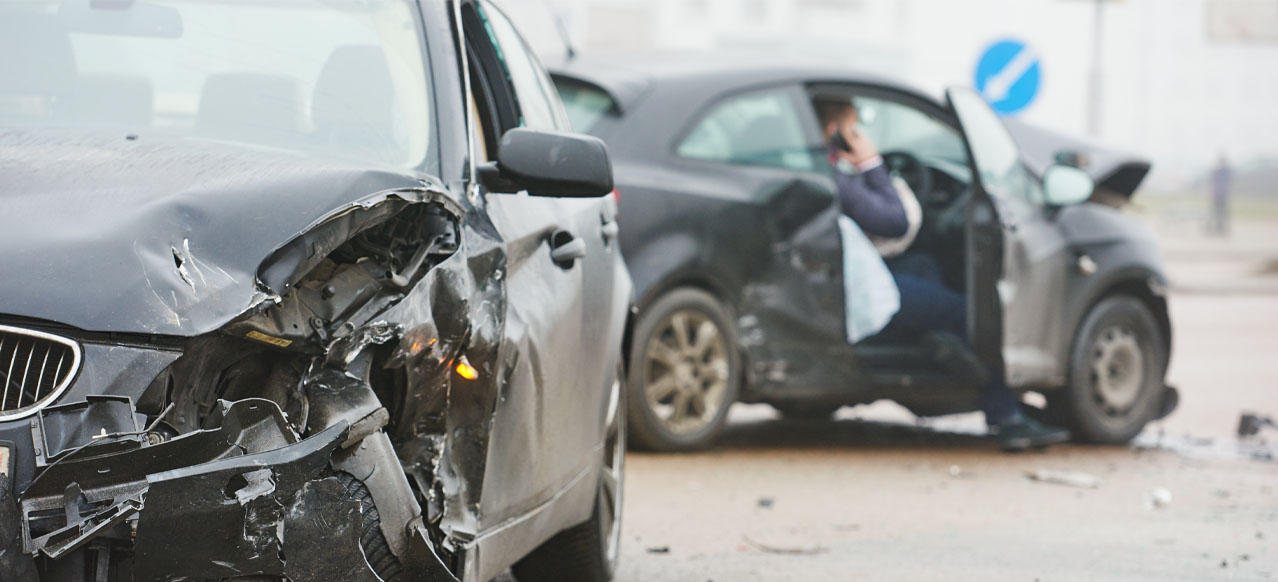Commercial Vehicle ___ June 27, 2022
Distracted Driver Claims
With the world moving in a fast-paced, never-ending motion, accidents happen all over the place. They occur every day around us. Some can be avoided while others cannot. One problem that seems to happen repetitively is automobile accidents caused by distracted driving.
What is Distracted Driving?
Distracted driving can be defined as the practice of driving a motor vehicle while engaged in another activity. In modern times, that usually includes a cell phone or some other device. Any action can be an offense if it is distracting to you as a driver. Applying make-up, playing with the radio, admiring a beautiful home; all of these can be more examples that cause a distracted driver.
Why is Distracted Driving Harmful?
When a driver isn’t paying full attention to the road, terrible things can happen. Becoming more of a typical traffic violation, all ages and styles of drivers can become the victim. These accidents can be fatal and cause horrific tragedies. Thousands of people are affected each year by distracted driving, with the United States housing the most.
How Can You Protect Yourself From A Distracted Driver?
The best way to protect yourself from a distracted driver is always to follow local traffic laws. This includes owning insurance. Naturally, not everyone follows these laws, and accidents occur. If you become the victim of a crash, you should know what protection you have from this point on. If the offense was criminal, then perhaps the distracted driver can be arrested and ordered to pay restitution. If they are or are not detained, you still have a right to file a claim against the distracted driver.
What happens when a claim is filed against a distracted driver?
If a claim should be filed, the first step to being successful is to meet with a car accident lawyer. They will determine if a case can be made. If a case is a way to go, the lawyer will then file the paperwork for the case into the proper courts. After a series of fact-finding and discovery, a Judge will then decide if the case should be dismissed or go to trial. If enough evidence exists to secure your win and the Judge sends the case to trial, the claim can still be settled out of court before the hearing. If a settlement isn’t made, then a judge or jury will decide if there are enough facts to award a collection.
Always Protect Yourself
Now that you are aware of what distracted driving is and how to protect yourself in the event of becoming a victim, you are now able to be that much safer on the road. Remember to always keep your vehicle requirements up to date and to always focus on the road. Waiting for a stop to answer a cellphone, or pulling over to admire property are all ways you can keep yourself safe as well as those around you. Always pay attention to other drivers and be mindful to their actions. There is no guarantee that they are paying attention too. Remember these rights and steps and your time on the road will be much more pleasant.

